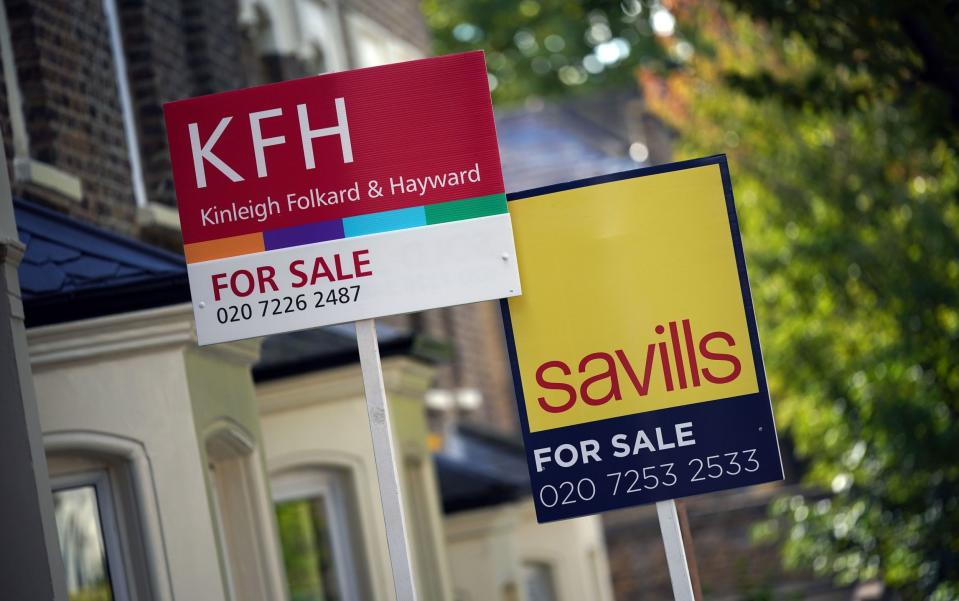Home movers face longest wait to sell since the pandemic

Houses are taking twice as long to sell today as they did a year ago, as rising mortgage rates make it harder for buyers to afford homes.
On average, it took home sellers 49 days to find a buyer in May, up from 26 days in the same month in 2022, according to analysis of Connells Group data by Hamptons.
Excluding the spring 2020 lockdown period, this marks the longest wait in any May since 2013, when the property market was still recovering from the financial crisis.
Four-bedroom houses were slowest to sell, with owners taking 60 days on average to agree a sale in May this year. This was more than double the 27-day average wait recorded in May 2022.
Aneisha Beveridge, head of research at Hamptons, said demand for smaller homes has increased as buyers have downgraded their expectations and opted for cheaper properties.
“Upward pressure on mortgage rates over the last two weeks runs the risk of freezing some buyers out of the market,” she said.
It comes as another 200 residential mortgage deals were withdrawn from the market over the weekend as the average rate on a two-year fixed rate deal jumped to 5.72pc, up from 5.33pc in less than two weeks.
In total, 699 residential fixed-rate deals have disappeared in the last two weeks, equivalent to more than one in eight mortgage deals, according to data company Moneyfacts.
Lenders are repricing deals quickly after surprisingly high inflation data triggered large jumps in expectations for future borrowing costs.
The pressure on homeowners who are coming to the end of fixed-rate deals, which were secured at rock-bottom rates during the pandemic, will be extreme.
A homeowner with a £300,000 mortgage who fixes at the lowest rate available today, at 3.76pc, will pay £1,544 a month in mortgage repayments, according to data from Moneyfacts and broker L&C Mortgages.
This represents a £415 a month – or £4,980 a year – increase when compared with the cheapest deal two years ago, which charged 0.99pc interest.
Because house prices have climbed much faster than wages in recent decades, the blow to affordability from higher rates will soon resemble that of 1990, when the Bank Rate was 14.6pc, according to separate analysis by Hamptons.
Investors are now pricing in an increase in the Bank Rate to 5.5pc, up from 4.5pc today.
If this increase filtered through directly into mortgage rates, a single person purchasing a typical home would need to spend up to 52pc of an average post-tax salary on their mortgage bill, according to separate analysis by Hamptons. The typical share is normally 29pc.

 Yahoo Finance
Yahoo Finance 